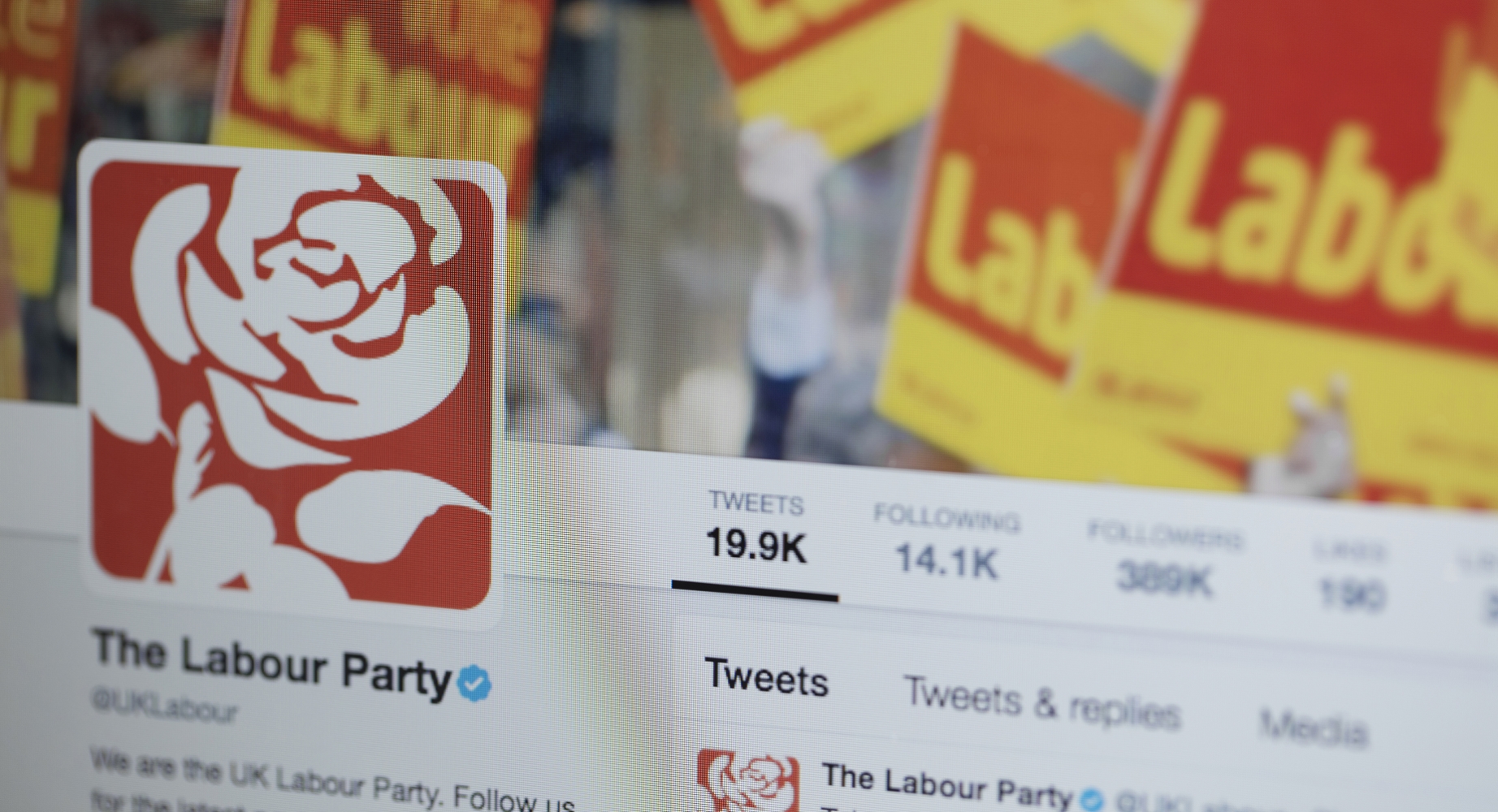Conferences are strange events at the best of times. It’s fair to say that the Labour Party isn’t enjoying the best of times and Conference 2016 is not a happy place. Pagefield Partner James Barge reports.
The bruising nature of the last year is self-evident. Of course, the conference of a party in the midst of opposition falls into the ‘tentative’ attendance column for many.
But this year, the potential onset of the Labour Party’s wilderness years appears to have seen it fall firmly into ‘why bother?’
Those organisations that have made the trip to Liverpool appear to have done so out of curiosity, looking for signs of life.
The sparsely populated exhibition hall, lack of queues to get in and low-key security will not have convinced anyone that the party is in rude health.
The leadership position may be settled but little else is.
The buzzword may be ‘unity’ but the topic dominating the private – and not so private – dining and meeting rooms of Liverpool remains; ‘what is happening to the Labour Party’? A question even the trade unions are asking more vocally on the fringe as policy disagreements surface.
The factional divide pervades everything; a divide emboldened and underlined by the fact that Momentum organised a ‘World Transformed’ festival just up the road.
Where the two factions have met on the fringe, there’s been an uneasy coexistence. Two diametrically opposed views for the future of their party and the country.
Fascinating to watch and listen to, but less than informative for organisations working out how to engage with the official opposition, or indeed whether to bother at all?
The conference hall has witnessed some policy announcements – a promise to ban fracking, an aspiration for a £10 an hour National Minimum Wage, a task force to look at early-years provision, a commitment to the existing party position on Trident and the launch of a Future Work Commission.
But the star turn came from Sadiq Khan, who used his speech to talk about the necessity of Labour being in power and finishing to a standing ovation. The leader, sat listening, was not amused.
It doesn’t take much to understand that the e-mail summary back to the office justifying your attendance is looking a bit trickier than normal this year.
James Barge, partner at Pagefield and former advisor to Ed Miliband
Speeches being made to the membership, not the country; a shadow team about to be reshuffled; policy announcements being criticised by backbenchers and the trade unions; and no formal debate on Brexit: It doesn’t take much to understand that the e-mail summary back to the office justifying your attendance is looking a bit trickier than normal this year.
I was woken up on the first morning of conference to the radio blaring out ‘Should I Stay or Should I Go’? An apt question.
Today, Jeremy Corbyn will addresses conference and can help answer it. The key challenge for him will be to prove he can use his reinforced mandate to bring the party together and speak to the country.
Only then will he really convince organisations that they should continue to speak to Labour as a potential party of power.
That said, Labour’s presence on select committees, at local authority level and elected mayors provide a tangible reason to continue your engagement.
Trade Unions have an important role as well. Each can impact on your agenda and need to be recognised in your public affairs strategy.
It may just be that conference isn’t as important a forum for that engagement anymore.
**
This article originally appeared in PR week.
Photo credit: Press Association




